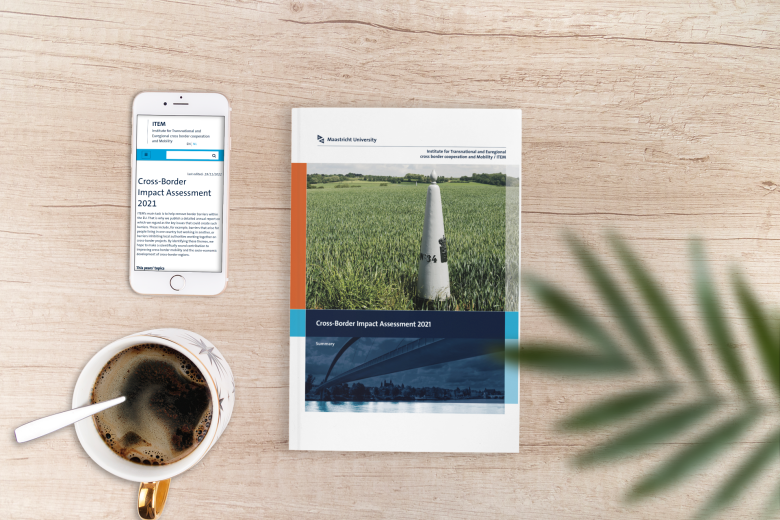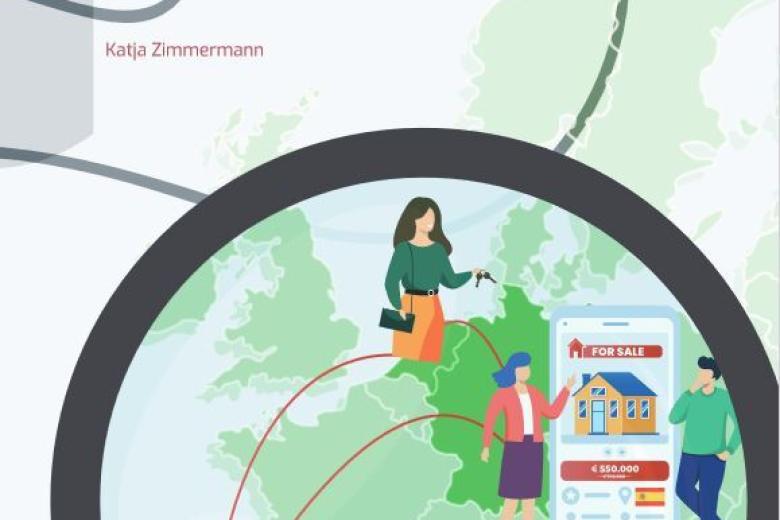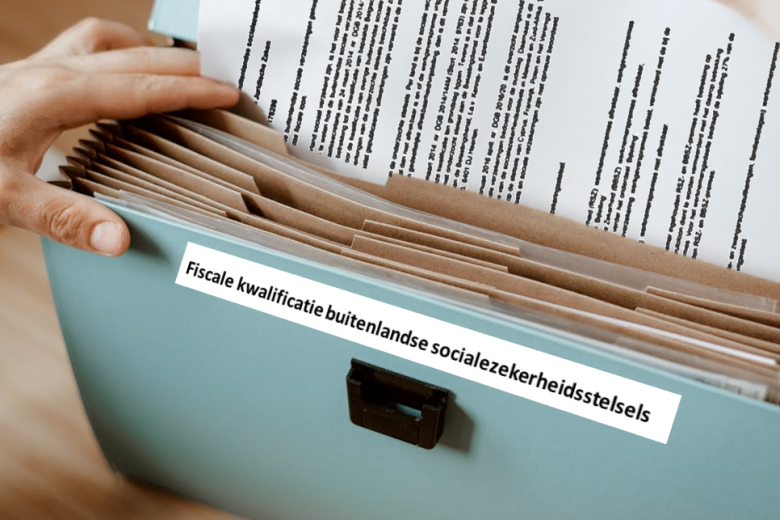Cooperation MUMC+/ITEM on Euregional Centre for Paediatric Surgery
The Maastricht University Medical Centre+ (MUMC+) is cooperating with parties in the Euregio Meuse-Rhine on the establishment of a Euregional Centre for Paediatric Surgery. This process leads to a large number of questions and challenges. One of these concerns the education and training of paediatric surgeons in the Netherlands, Belgium and Germany and their mobility between the three countries. Expertise Centre ITEM researches this topic on behalf of the MUMC+.
Paediatric surgery is a highly specialised field of medicine that requires extensive education and training. In the Netherlands, there are a number of institutes, departments and institutions that specialise in paediatric surgery. However, recent research has shown that the Netherlands has relatively few paediatric surgical centres compared to other European countries such as Germany. [1] In order to enable better care provision, the The Maastricht University Medical Centre+ (MUMC+) intends to establish a Euregional Centre for Paediatric Surgery. To this end, the The Maastricht University Medical Centre+ (MUMC+) is working together with the Uniklinik Aachen and the Centre Hospitalier Chrétien (CHC) in Liège.
Setting up cross-border health cooperation is not an easy task. A large number of aspects are linked to the provision of high quality cross-border healthcare. One of these aspects relates to the paediatric surgeons who will be working in the future Euregional Centre for Paediatric Surgery. It is particularly important that the future staff of the centre can work in three Member States. This process is hampered by the fact that paediatric surgery is not universally recognised as an independent speciality. Another important aspect of the education and training of paediatric surgeons relates to how this should be organised in three countries and what standards exist for it.
The Institute for Transnational and Euregional cross border cooperation and Mobility / ITEM, on behalf of the The Maastricht University Medical Centre+ (MUMC+), conducts research into the abovementioned issues and focuses on questions such as why paediatric surgery is not generally recognised as an independent specialism, what should be taken into account when setting up a cross-border paediatric surgery training centre and what possible solutions can be identified. The project research runs until December 2018.
[1] https://www.thieme-connect.com/products/ejournals/pdf/10.1055/s-0037-1600524.pdf
Also read
-
ITEM Cross-Border Impact Assessment 2021 published
Due to the Corona crisis, also many cross-border workers are forced to work in their home country. They have been asked not to cross the border to come to their office situated in the neighbouring country. At the moment, this is only possible because the Dutch, Belgian and German governments have...

-
Success factors for cross-border real estate transactions: information and patience
Buying a house abroad, with the complex procedures of rules and formalities that apply in the world of real estate transactions, one might wonder: what obstacles might I encounter? In her dissertation, Katja Zimmermann examined the operation and obstacles of various land registration systems. Her...

-
ITEM focal point taken up: addition to Dutch qualification policy for German social insurance schemes
The Dutch Ministry of Finance has updated the guideline on the tax qualification policy of foreign social security schemes. According to expertise centre ITEM, the addition concerning certain German social insurances is a positive development, which is in line with their vision and commitment in...
